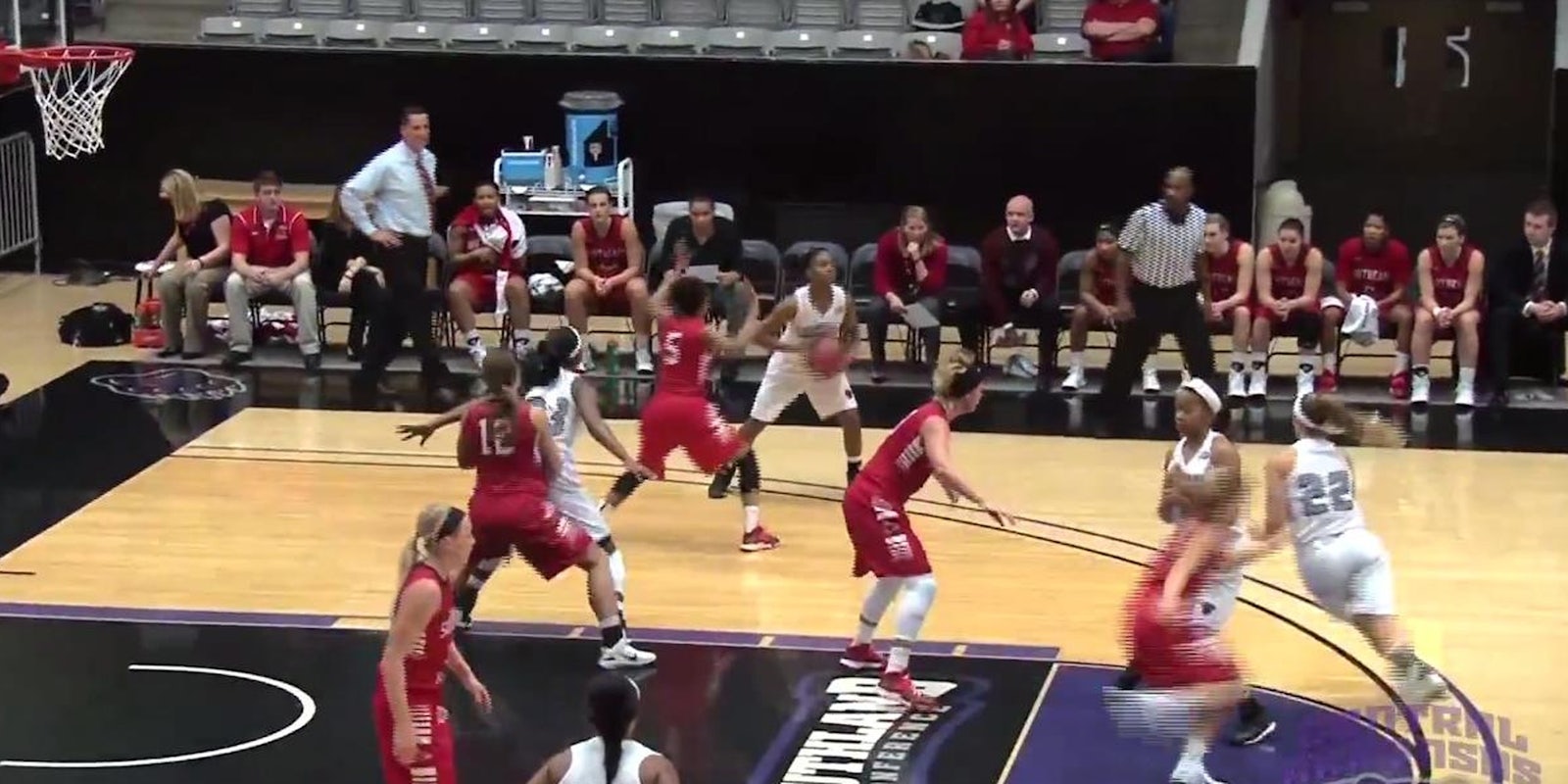Stories of well-heeled boosters handing money, cars, and other golden goodies over to college athletes has become one of those dirty little not-so-secrets that have become the bugaboo for governing bodies such as the NCAA.
In cases involving Memphis State, Penn State, SMU, and a laundry list of Division I schools, the stakes are generally high on the risk-reward scale. The “here’s a new car and cash” pay-to-play principle can lead to lucrative TV contracts, bowl appearance, and huge merch dollars. But when a small school like Southeast Missouri State gets nailed on a set of trivial infractions of ridiculous recruiting rules, even non-sports fans have to shake their heads at this foolish injustice.
The case involves a former assistant coach, Ben Coomes, for the women’s basketball team who violated rules of contact with recruits during a “quiet period” in which face-to-face meetings are prohibited. Other no-nos included gifting of water bottles and T-shirts from a local baseball camp and payment for a casual dinner during a shopping trip in which the visiting athletes took care of all of their own purchases. The kicker is that Coomes, who left the school this past summer when the incident occurred, gave recruits access to his personal Netflix account. Not condoning such behavior, but with more than $4 billion in 2013 in revenue, Netflix appears to have weathered that storm.
Head coach Ty Margenthaler took a hit when he broke the school’s rules by discussing the violation with his assistant coaches. That slip of the lip cost the coach five days of pay and suspension from the first two games of the season.
The story came to light via a request for public records from the school’s newspaper, Southeast Missourian.
This tempest in a hardwood teapot pales in comparison to the recent charges of academic fraud against the University of North Carolina—accused of offering a bogus African-American Studies class for more than 1,500 athletes for more than 18 years. Given the Tar Heels are regulars on ESPN and every other billion-dollar sports network and the SE Missouri State Redhawks women’s basketball games are only audio streamed via the Web, it’s clear which side the gods of sports governance will always rule.
H/T The Big Lead | Screengrab via Central Arkansas Athletics/YouTube


